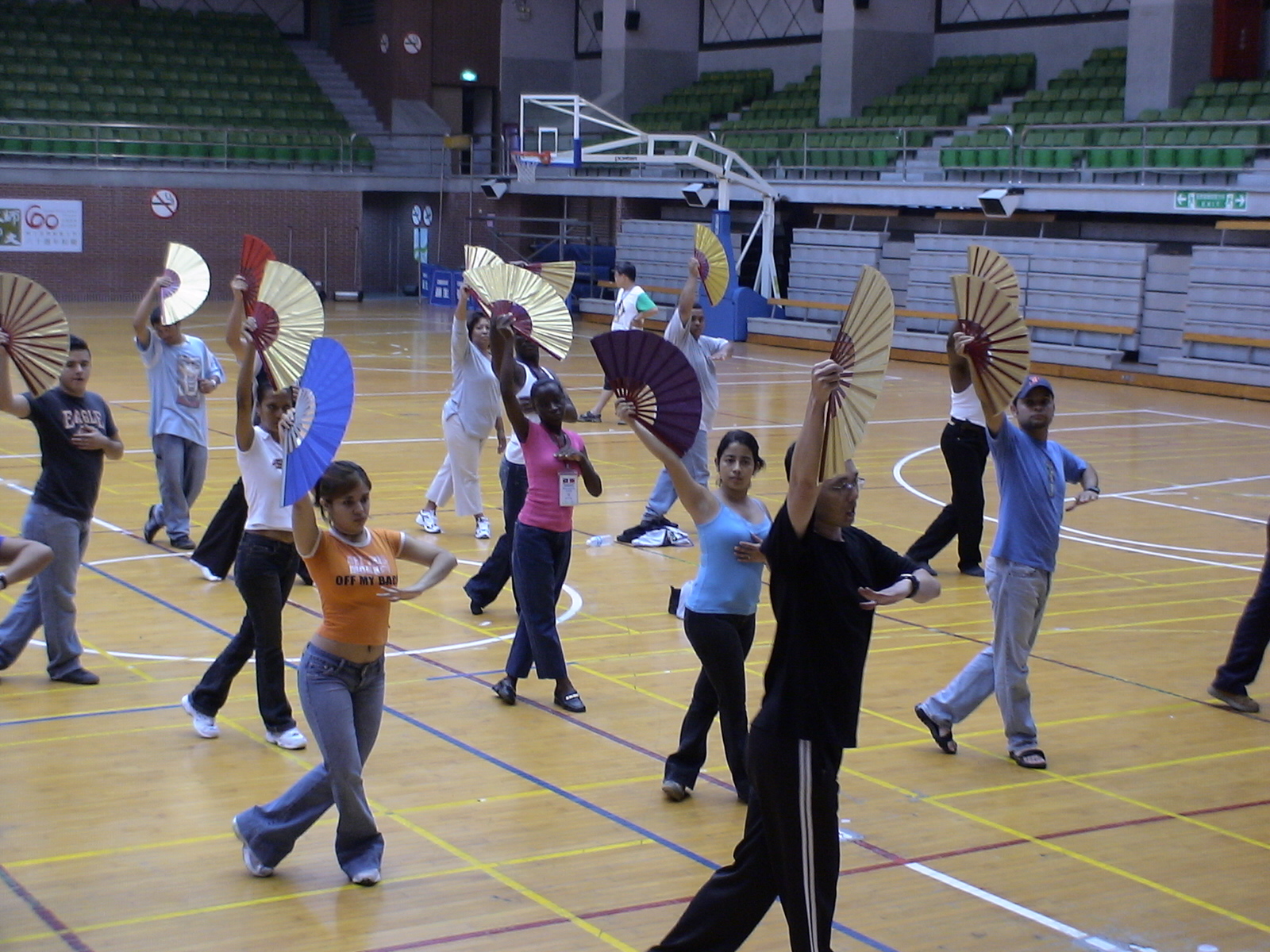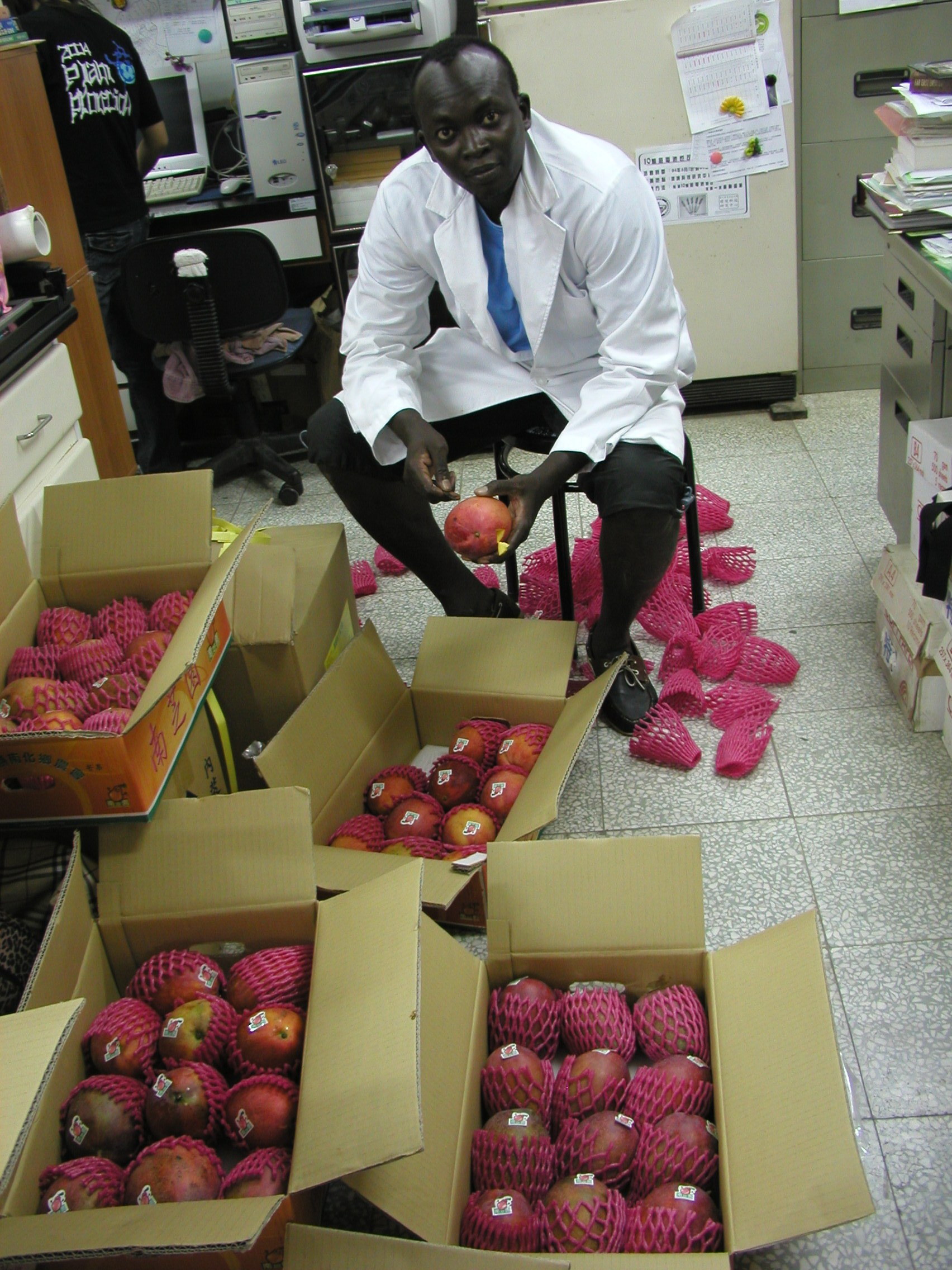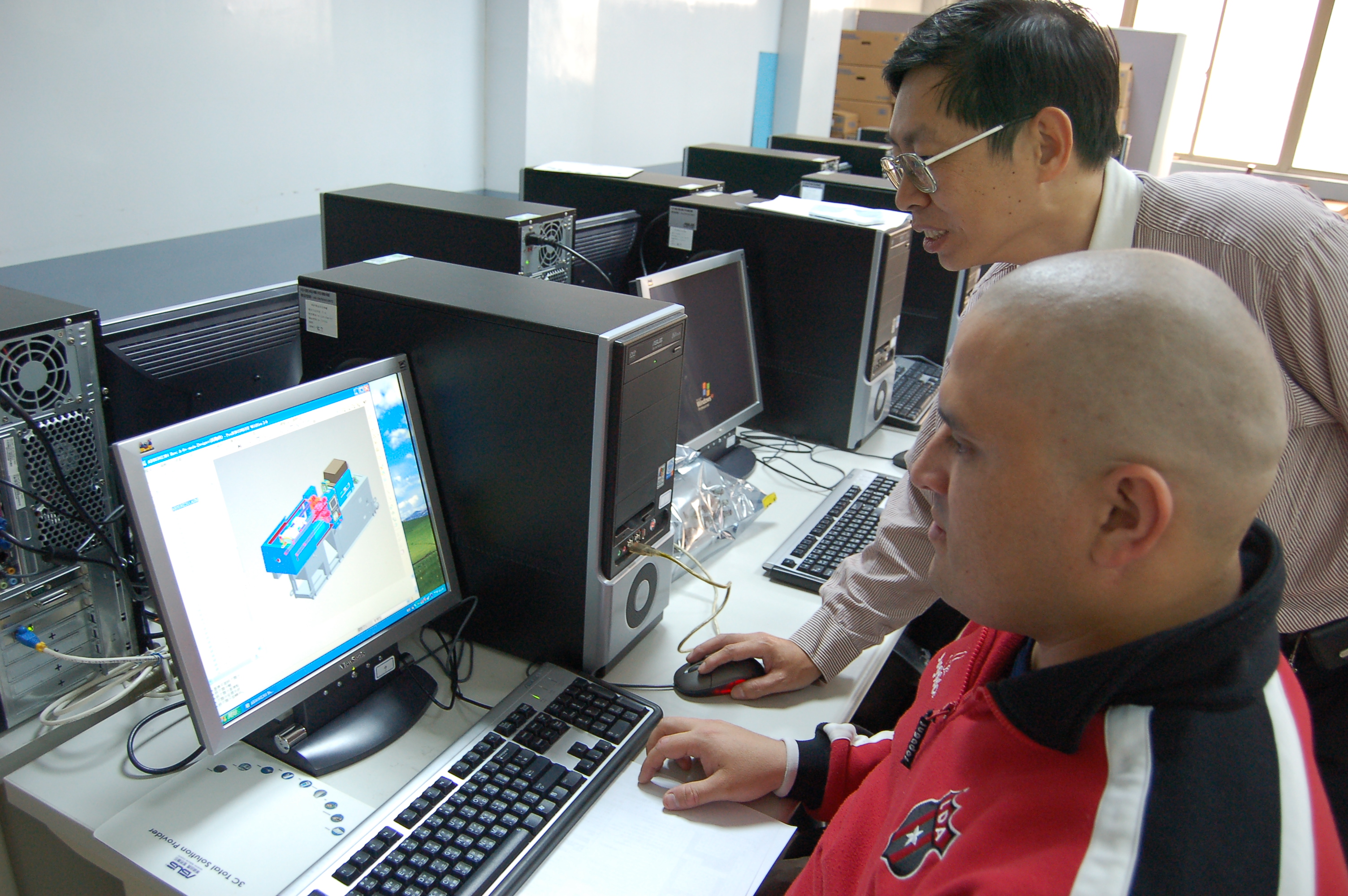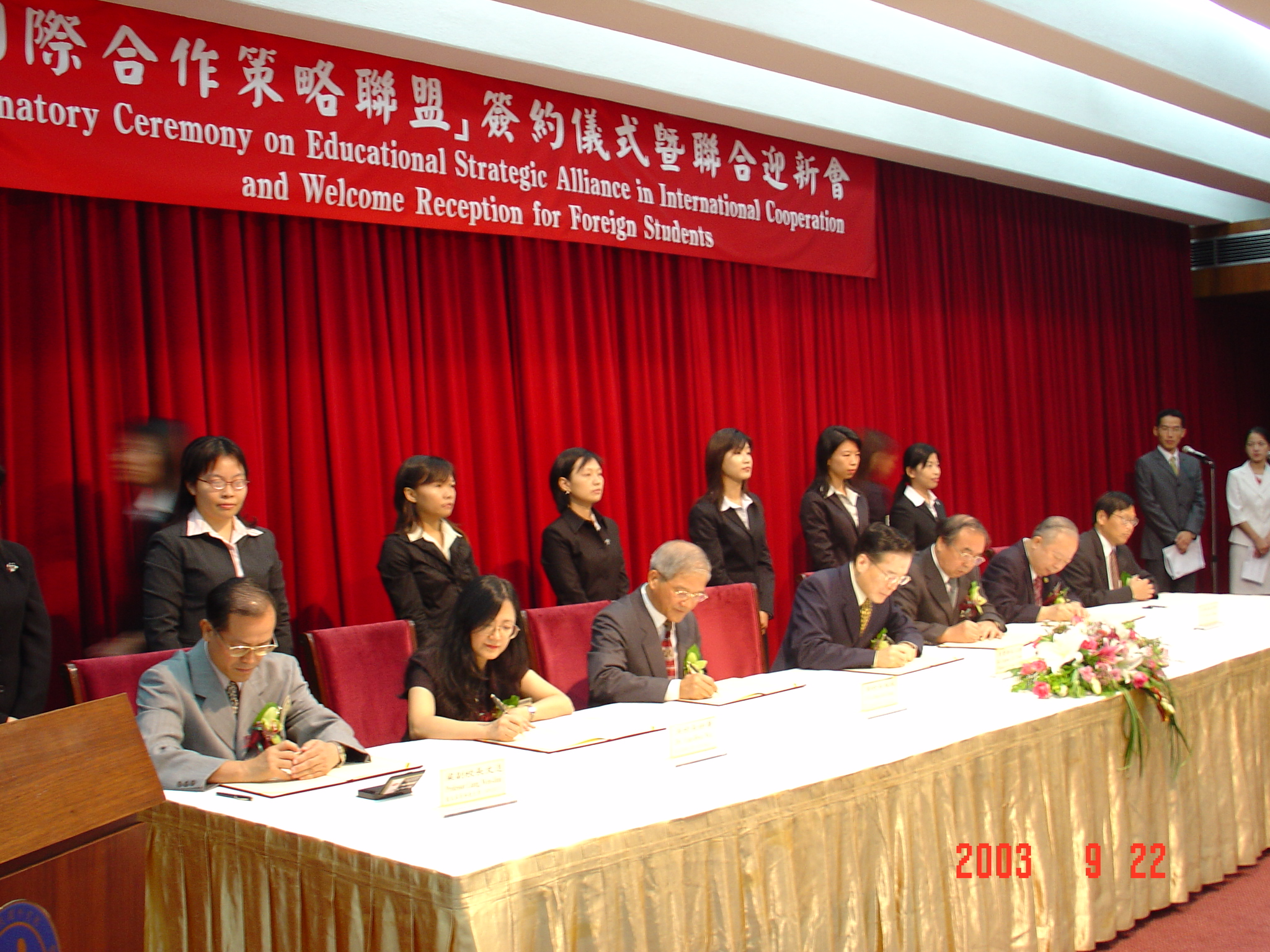
TaiwanICDF scholarship program powers international cooperation
|
|
|
At National Pingtung University of Science and Technology(NPUST), Babou Jobe is one student who makes heads turn. After all, African students like Jobe, a native Gambian, are not a common sight on campus.
Jobe is doing his Ph.D. in Tropical Agriculture at NPUST, a leading academic institution in that field. He finished his bachelor's and master's degrees in America but decided to come to Taiwan for his doctorate as it offered the course content best tailored to his country's needs.
|
Students contribute to development through academic endeavor
Jobe is one of 124 foreign students currently enrolled in the International Higher Education Scholarship Programs offered by the International Cooperation and Development Fund (TaiwanICDF). The programs, which offer full scholarships, mainly in postgraduate studies, were launched in 1998. To date, 225 students have benefited from the programs.
Armed with what the invaluable knowledge they will gain through the programs, it is hoped that students will be able to contribute to the industrial and economic development of their countries on their return home.
Among students who have returned to put their learning to good use is Nerie T. Sanz, from Belize, was promoted to a post in her country's department of agriculture and now manages agriculture and fishery inspection policies. During her time in Taiwan, Nerie was singled out for academic excellence, winning a Yu Yu-sian Scholarship from Agricultural Association of China(Taiwan), the first foreign student to received this award. She is now distinguishing herself in dealing with cooperation on agricultural technology between Taiwan and Belize.
Agriculture is one of the major disciplines of the scholarship programs; technology management is another popular field. Lester Antonio from Nicaragua was admitted to the International MBA in Technology Management program at National Tsing Hua University(NTHU)in 2005. While studying in Taiwan, he attended a Global Digital Business Society seminar in India on behalf of Taiwan students. As the only representative of Taiwan, he shared the knowledge he had gained from his studies at NTHU with other seminar participants.
|
Thirteen universities, 21 disciplines
Thirteen national and private universities located throughout Taiwan currently participate in the programs, offering courses in 21 subjects, all taught in English. In addition to NPUST and NTHU, these are: National Chengchi University (NCCU), National Taiwan Normal University (NTNU), National Yang-Ming University (NYMU), National Taiwan Ocean University (NTOU), National Central University (NCU), Kun Shan University (KSU), National Sun Yat-sen University (NSYSU), Yuan Ze University (YZU), National Taipei College of Nursing, National Taiwan University (NTU), and National Cheng Kung University (NCKU).
There is a variety of choices for foreign students engaging is advanced research, areas such as agricultural policy development and management, business administration, technology management, workforce education and development, public health, aquatic science and marine resources management, mechanical engineering, and plastic injection and precision mold.
The aim in designing the courses was to offer areas of study that would allow students from developing countries to learn professional skills and knowledge that they could use for the benefit of their countries.
|
▲In 2003, six universities and the TaiwanICDF signed an agreement to found the Taiwan International Cooperation Alliance. |
Building a platform
The TaiwanICDF's International Higher Education Scholarship Programs offer exactly the kinds of opportunities students from these countries need to move up one rung to a higher level of research. To this point around a hundred students have graduated from the postgraduate programs.
Besides the postgraduate programs, bachelor degree programs in various disciplines are also offered exclusively to students from Central America. As of 2006, 24 students from Central America were enrolled in BA programs around Taiwan, with 59 pursuing postgraduate studies.
To strengthen its role and function in supporting international higher education, the TaiwanICDF has worked with Taiwanese universities to build a platform for international affairs. In 2003, the TaiwanICDF founded the Taiwan International Cooperation Alliance(TICA), which sees the TaiwanICDF operating as an agent between domestic and overseas universities to integrate information and resources. As of 2007, 13 universities have joined TICA. Universities in TICA conduct international projects based on their areas of expertise: tropical agriculture, business and industry management, telecommunication, public health, marine and aquaculture science, vocational education, and human resource training.
 ▲Students get a flavor of the Taiwanese arts by participating in a dance class. ▲Students get a flavor of the Taiwanese arts by participating in a dance class. |
Getting to grips with life in Taiwan
In 2006, the TaiwanICDF's International Higher Education Scholarship Programs received certification for meeting ISO standards, an achievement that serves as a model for other scholarship projects in Taiwan. The TaiwanICDF prides itself on comprehensively covering all aspects of the program, from the setting up of various channels of admission, to orientation, and assistance for foreign students upon their arrival in Taiwan.
The channels of admission for the programs now include recommendations from overseas embassies, representative offices , Taiwan technical missions, and international NGOs with which the TaiwanICDF cooperates. To help students adjust to life in Taiwan, the TaiwanICDF arranges a 2-week orientation program, which includes basic Chinese lessons, and courses in Taiwanese culture and social ethics. On holidays, TaiwanICDF students are encouraged to join in with local festivals and activities to get a close look at the diversity of Taiwanese culture.
TaiwanICDF students on the programs and life in Taiwan:
Selin Flores from Honduras enrolled in the IMBA program at NCCU in 2005. Says Flores:
“My life in school is so much different than back home. The program is very demanding and every day we learn something new, and analyze the business perspective of people and professors with so much experience that it's just admirable. NCCU is the best campus I visited in Taiwan; there are so many different things to do besides studying hard: there's sports, culture, art, music, and most important people who are willing to give their best in every activity.”
Carlos Hernandez, from Costa Rica, who is specializing in food chemistry at NPUST says:
“I came to Taiwan because I thought that, according to the experience I have. I could learn a lot of things, developing food products or functional food. So I'm using the peel of the coffee cherry to get some kind of chemical that we may use in additives in new food products. So I'm trying to extract anti-oxidants to use them in new food products. It's a pretty new research topic ... Back in Costa Rica, because coffee is one of our major products, we might maximize the use of this kind of agro-industry. It might be a coffee cherry, it could be a banana peel, so the same experience could apply to different countries.”
Through its International Higher Education Scholarship Programs, the TaiwanICDF not only gives students an opportunity to further their education, but also leaves them with lasting, fond impressions of Taiwan. Though the students inevitably return home on completion of their studies, the setting up of TaiwanICDF Alumni Societies ensures lasting bridges are built between Taiwan and their native lands. These groups help broaden the effects of the training students receive in Taiwan. More importantly, they cement bonds of friendship between Taiwan and its partner countries.
- Update: 2022/05/10
- Hits:2543



